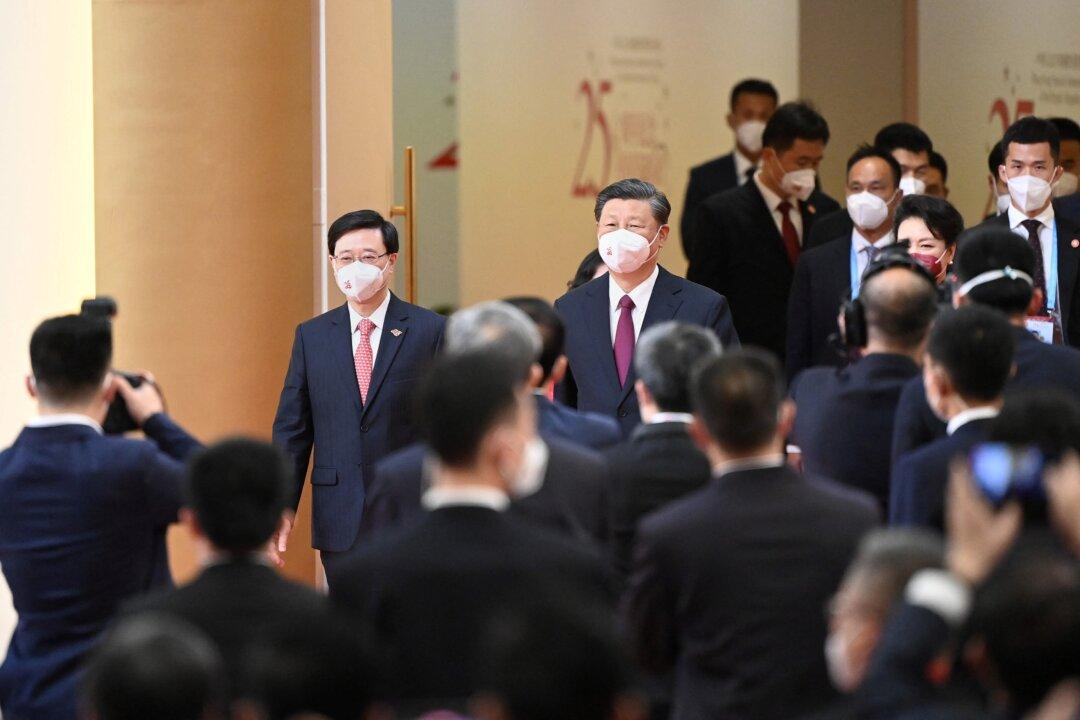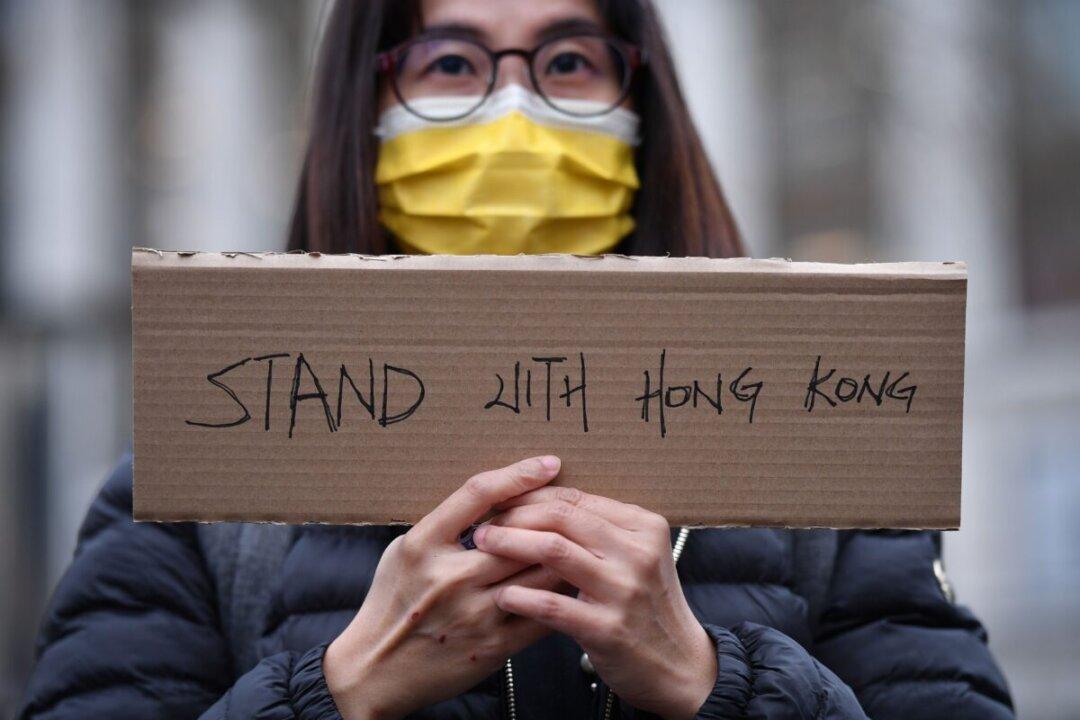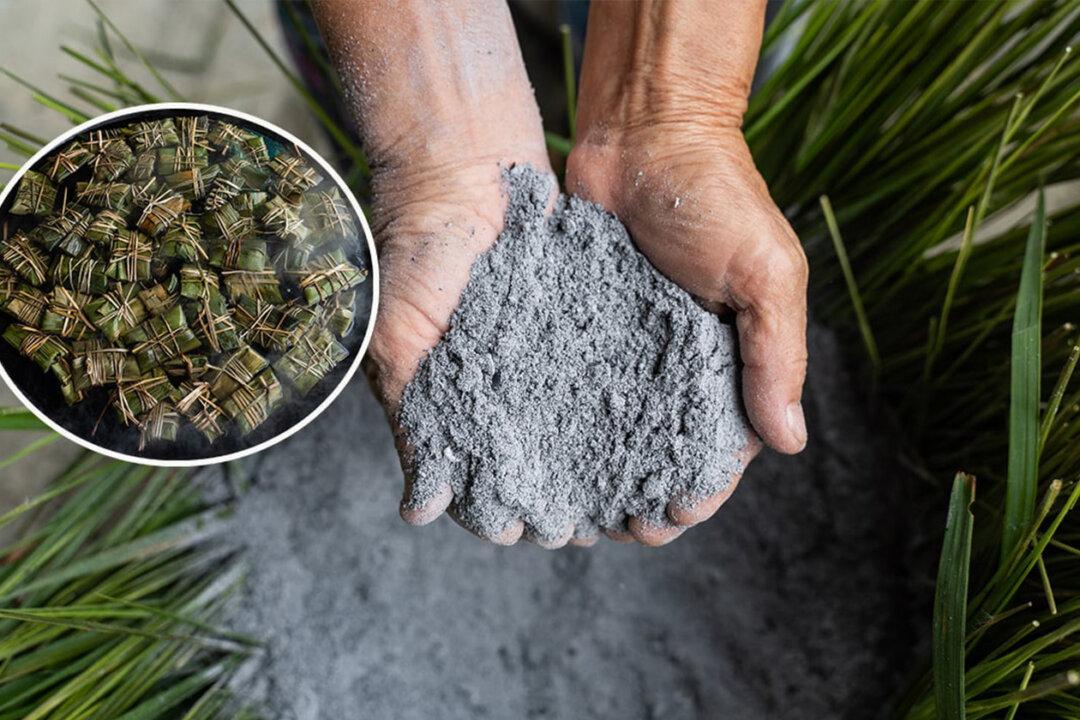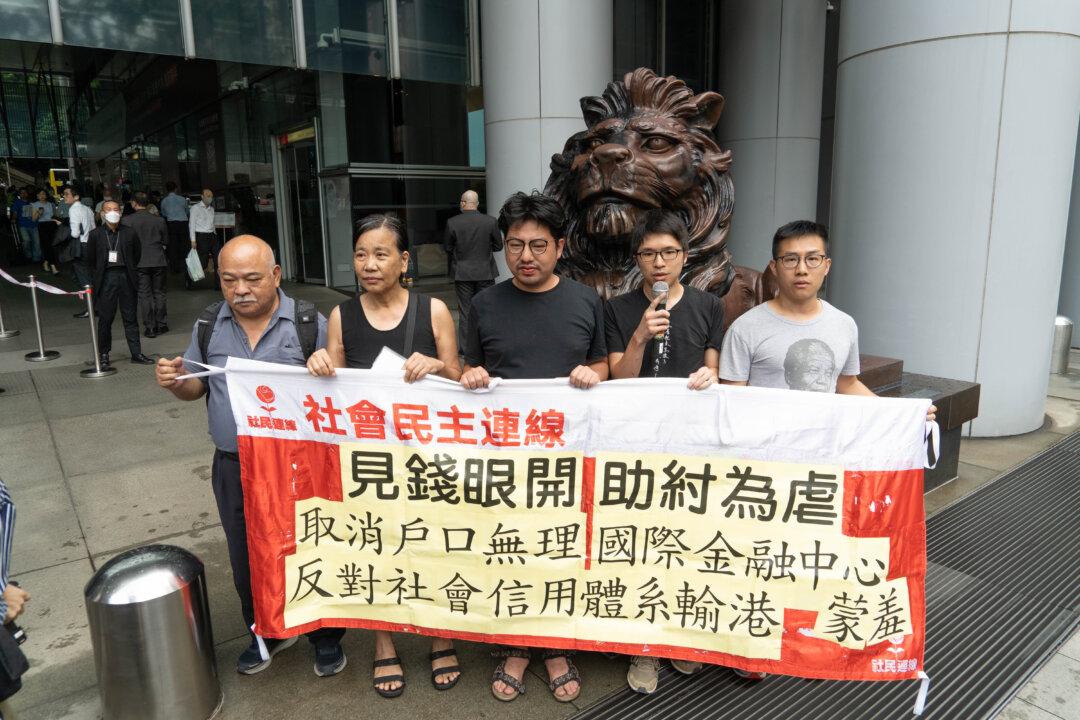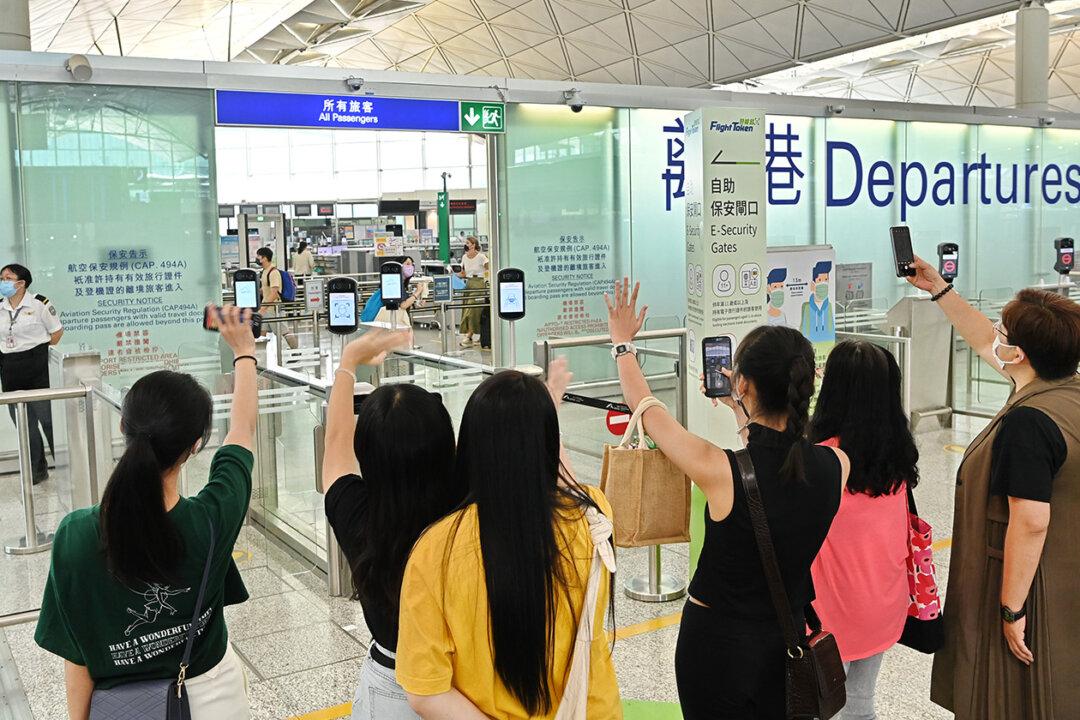The new Hong Kong government has expanded its infrastructure and added many new positions since the new chief executive of Hong Kong took office in July 2022.
Among 14 Senior officials appointed by Chief Executive Of Hong Kong (CE) John Lee Ka-chiu, some are in charge of mainland affairs. Others possess multiple companies and properties in mainland China. But none have responded to queries about how they avoid conflict of interest in personal gain while in public office.
